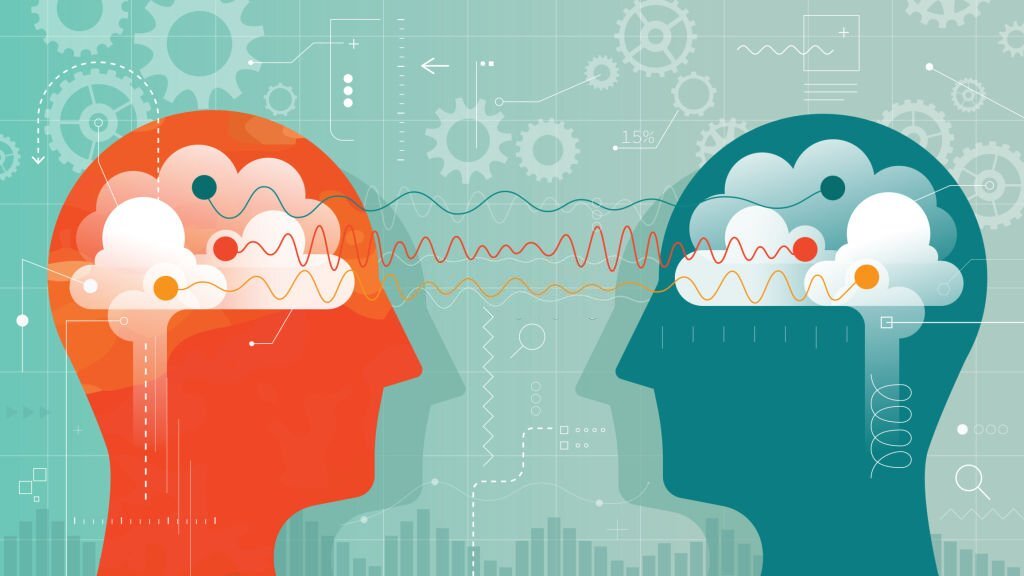Learning isn’t only about memorizing facts or figures, but also understanding and managing your emotions. Emotional intelligence plays a crucial role in successful learning. In this blog post, we will examine the benefits of emotional intelligence, the skills required to develop emotional intelligence, and how to apply them to create positive learning outcomes. Through this post, you will have a better understanding of how emotional intelligence can assist you in becoming a better learner. John Jezzini
Understanding The Benefits Of Emotional Intelligence
Understanding and developing emotional intelligence is essential for students to reach their full potential. Emotional intelligence (EI) is the ability to recognize and understand one’s own emotions, as well as those of others. It’s a skill that can be developed over time by learning how to manage one’s feelings, build strong social and communication skills, regulate emotions, and more.
EI can help improve student performance by showing them proper ways to manage their emotions, helping them prioritize tasks and stay organized, and fostering decision-making abilities and problem-solving skills. Building empathy towards others encourages better collaboration among classmates which leads not only leads to successful outcomes but also forms stronger relationships between them.
EI also provides valuable tools for promoting resilience among students when faced with challenges or obstacles during their education journey. Developing healthy coping strategies such as positive self-talk practices and encouraging grit will help keep motivation levels high despite setbacks along the way. All these traits combined lead to an emotionally intelligent student who excels academically and is prepared for life beyond school walls.
How To Develop And Utilize Emotional Intelligence In Education
Emotional intelligence has become increasingly important in the field of education. Educators and students need to understand the importance of emotional intelligence in learning and how to develop it. In this article, we will explore the role of emotional intelligence in education, including how to assess and measure it, different methods for developing emotional intelligence, strategies for developing empathy in the classroom, techniques to help students become emotionally aware, best practices for incorporating emotional intelligence into lessons, and programs that create meaningful connections with learners.
Understanding the impact of emotions on learning is valuable for both educators and learners. When developing emotional intelligence within the educational environment, areas such as human-centered design, learning science, technology, assessment and measurement, empathy-building strategies, best practices, and personalization efforts should be taken into account. Personalizing teaching methods according to each student’s needs and abilities helps humanize personalization efforts more effectively.
Incorporating emotional intelligence into lessons helps students better manage their behaviors within the classroom setting and enhances their overall experience. Techniques such as storytelling and mindfulness activities also help foster better communication between learners, which goes hand-in-hand with developing one’s Emotional Intelligence skillset.
In conclusion, integrating emotional intelligence into educational programs deepens student understanding and fosters meaningful connections between teacher/student relationships. Taking these steps ensures that both parties can achieve success together.
Developing Skills For Developing Emotional Intelligence
Emotional intelligence involves being aware of, understanding, and managing one’s own emotions, as well as the emotions of others. This skill is vital for establishing and strengthening relationships, both personally and professionally. Developing emotional intelligence helps us comprehend our behavior and reactions, as well as the behavior and reactions of others, enabling us to make informed decisions that benefit everyone involved.
To cultivate emotional intelligence, start by understanding its meaning and identifying emotions in yourself and others. Observe body language cues, vocal tone changes, and emotional impacts on decisions. Practice self-awareness and reflection, and improve communication by using “I” statements and building resilience through assertiveness exercises. Cultivate empathy by actively listening to others. All these practices lead to an overall understanding of emotions, resulting in stronger relationships, increased productivity, improved mental well-being, and professional success. Finally, journaling about challenging situations can assist in later reflection.
Also Click: The Benefits Of Mindfulness In Education
Applying Emotional Intelligence To Create Positive Learning Outcomes
It is increasingly clear that emotional intelligence plays a major role in learning and student outcomes. In this study, we will explore the importance of recognizing and managing emotions in ourselves and others, as well as how to use this to create positive learning outcomes. We will also examine how emotional intelligence influences problem-solving and decision-making, as well as talk about strategies for fostering an environment of emotional understanding in the classroom.
Emotional Intelligence (EI) is defined as “the ability to recognize, understand, manage, express and regulate one’s own emotions as well as those of others” (Mayer & Salovey 1997). This ability has numerous benefits for students, helping them manage stress effectively, improve relationships with peers and teachers, develop empathy towards others, and make more conscious decisions. By explicitly teaching students about EI skills such as self-awareness or empathy-building activities, we can equip them to manage their emotions during eLearning assignments or activities.
This study aims to analyze the effect of the learning model on student learning outcomes while taking into account the influence of emotional intelligence on student performance. By developing a deeper understanding of EI and teaching students these important skills, they will become more self-aware, improving their learning skills over time. The results of this study will provide valuable insight into how EI can benefit overall student academic success, creating a culture of understanding within the classroom environment.
In Short
Emotional intelligence is an important skill for successful learning. It enables us to connect with our emotions and others, leading to better decision-making and stronger relationships. By understanding its benefits, developing the necessary skills, and applying them in educational settings, students can succeed in and out of the classroom. As educators, recognizing students’ emotional needs is vital to providing a safe learning environment in which they can flourish.





